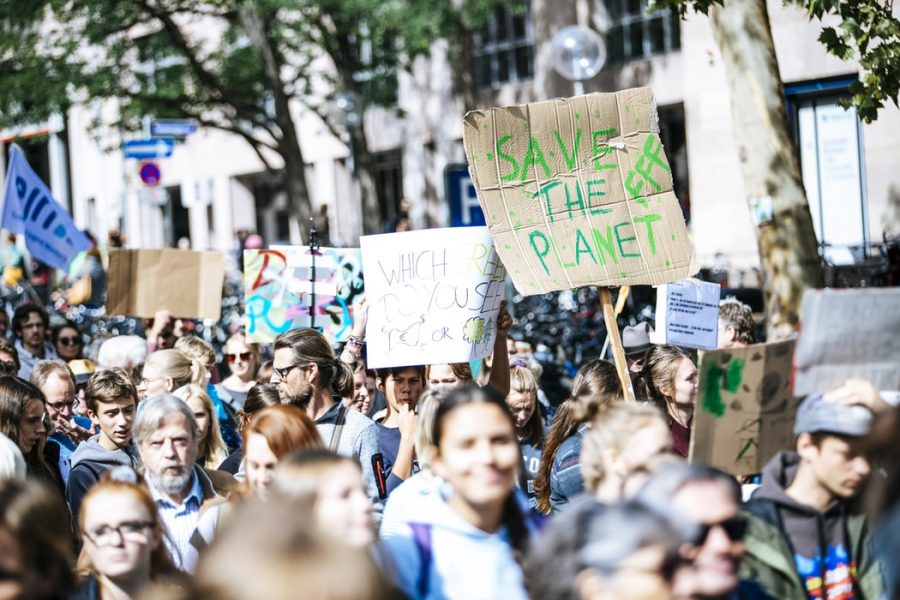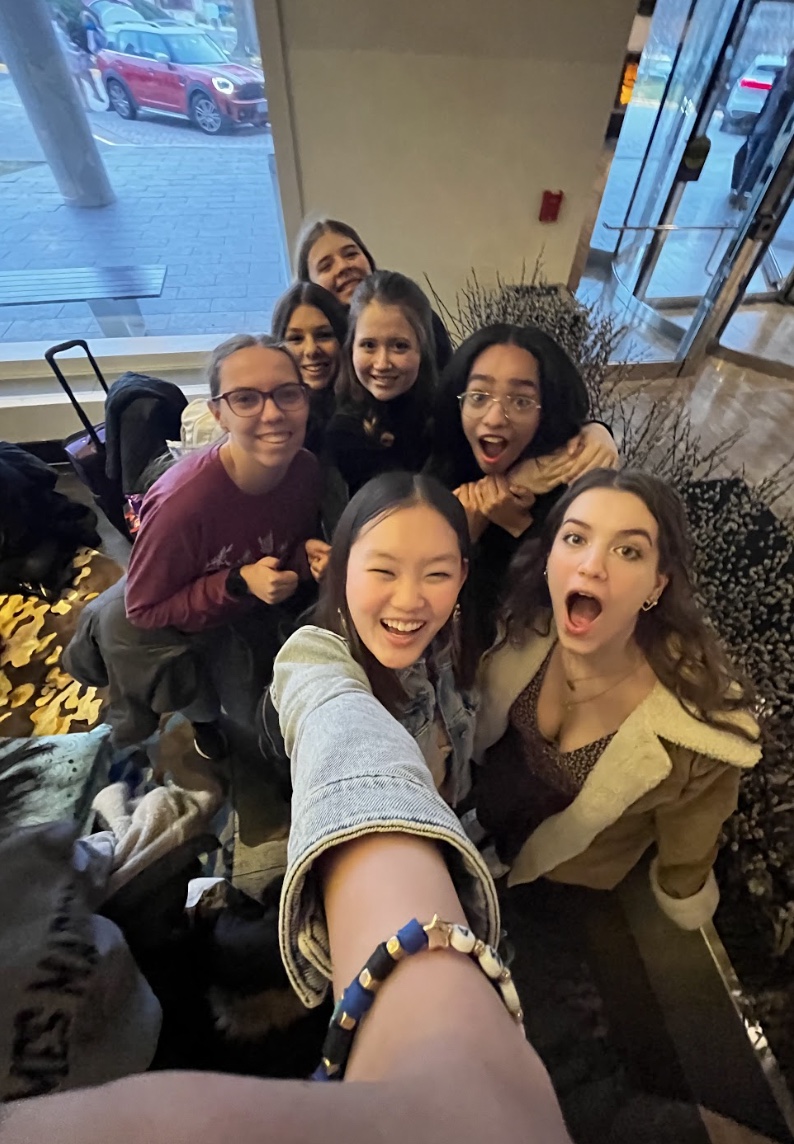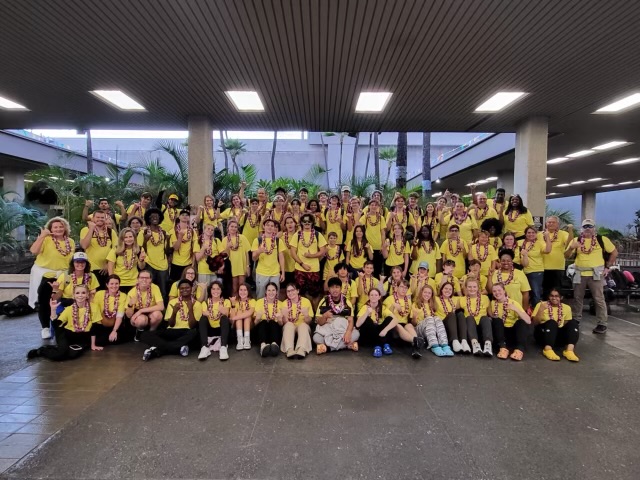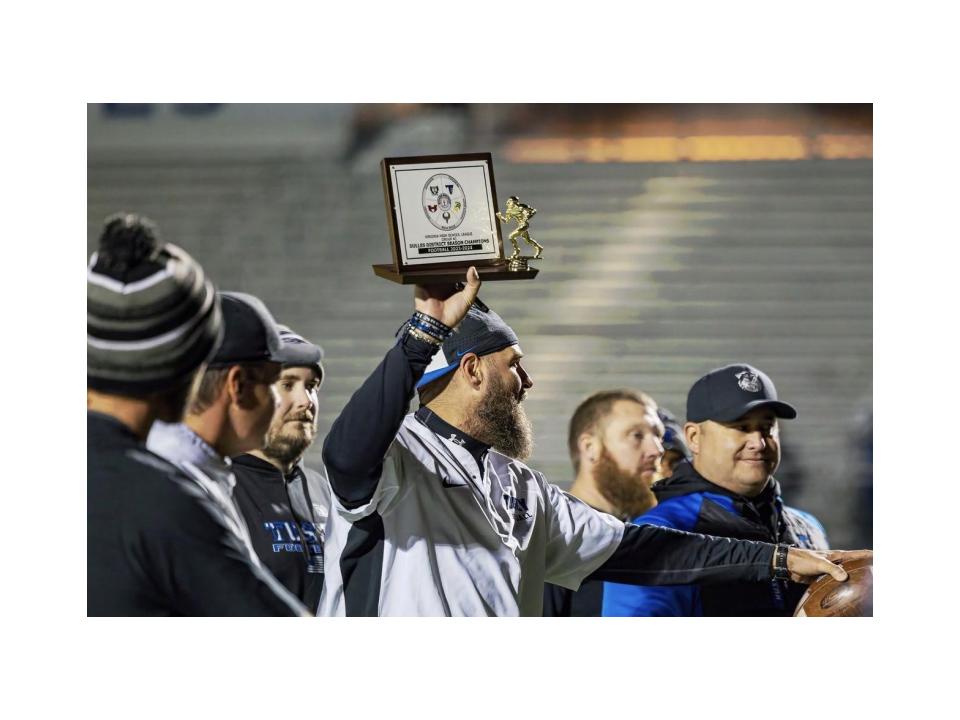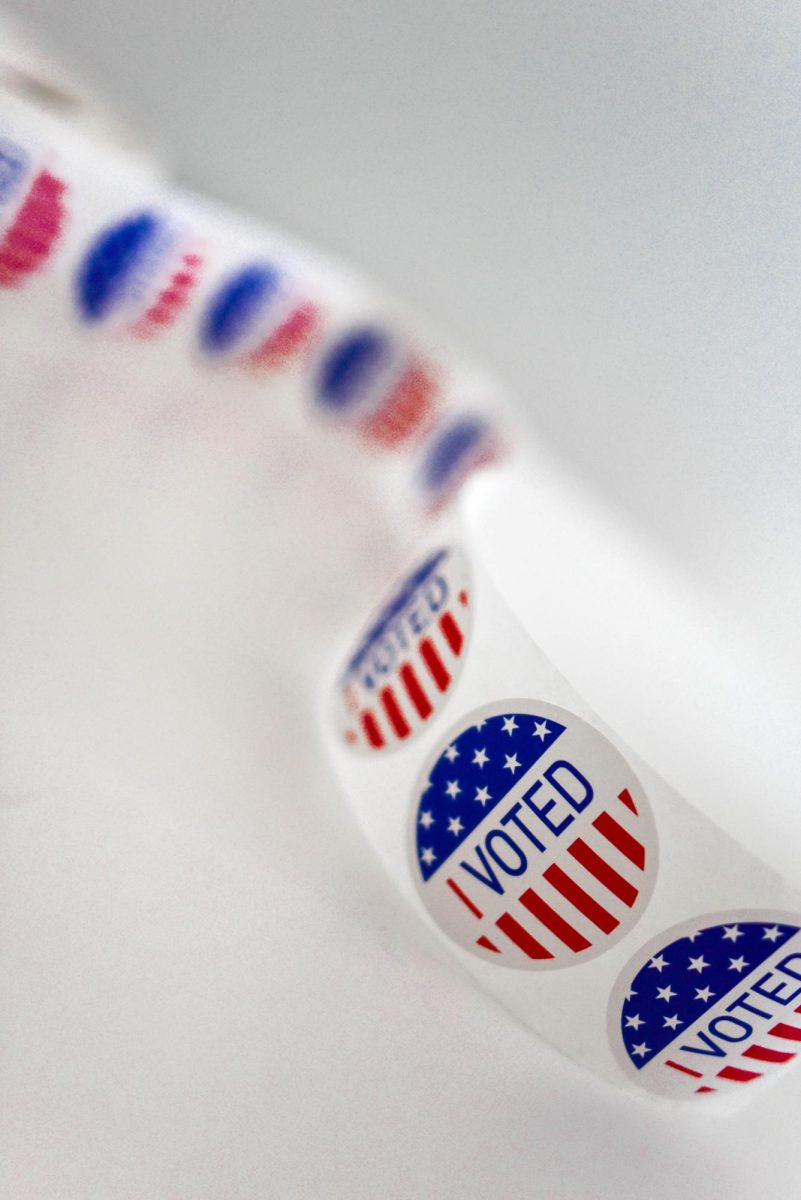By — Danny Kistner
Fires in Australia have ravaged for months, with no end in sight, demolishing land and homes, killing millions of animals and dozens of people. The Amazon Rainforest experienced similar issues and though a majority of the fires were set by people, they also were worsened by climate change and lead only to the further destruction of the unique wildlife in these areas. The smoke from these fires is also a serious issue, given that a lot of it will rise into cities like Sydney or Sao Paulo and choke their inhabitants.
This past June was also unnaturally hot in Europe, France specifically having reached record-breaking temperatures of 46°C (114.8°F). Heatstroke and heat exhaustion was a serious issue in countries like Germany, Spain, the UK, Italy, and France, killing at least 15 people and affecting around 321 million. Fields were burned and trains and planes were slowed down or stopped as these countries were put on red alert.
66 people have died in Indonesia’s floods, thousands more having fled Jakarta, the fastest sinking city in the world, to live in government buildings, malls, and other such flood shelters that are still standing after the destruction that has so recently occurred. Eastern Africa, as well as the coastlines all around the country, are in danger, something unique to Africa given that a majority of its population is concentrated on their coastlines. Rising sea levels (another result of climate change) makes worse flood season which destroys homes, land, and increases the risk for water-borne diseases, the death toll having risen to at least 250 people.
The students here at Tuscarora have also noted these extreme changes in climate, the ripples of these effects being felt even here. In an interview with Emma Begonavic and Kaylynn Breland, they shared with us why they think student voices are important in terms of advocating for reforms for climate change.
“Our generation makes up the future of our planet and therefore, it’s up to us in order to advocate against climate change and push for changes in regards to policies, laws, and regulations that can slow the acceleration of climate change,” said Begonavic.
“This generation is the group that will have to deal with the previous generation’s negligence of the environment, and we’re the only ones who lack the authority to change things. When students speak strongly, informatively, and fervently we do make a change,” added Breland. “This generation needs to speak now, march now, lobby now, so that people less fortunate than is won’t have to suffer the consequences of global warming that the U.S. has so greatly contributed to.”
Combating climate has always been a challenge, especially as youths who often feel powerless in situations as these, but that doesn’t have to be the case.
“The biggest things that they can do are reducing their own carbon footprint, eating lower on the food chain, and lobbying their local and state officials. Also, take science classes and get educated,” Breland said. “Political protests and letter writing are also crucial publicize the issue.”
Begonavic noted that students should take it upon themselves, not wait for the initiative of others, to help create a difference. “I’ve stopped buying wool and leather, I try to only purchase from eco-friendly brands, eat only chicken (and in minimum quantity), and avoid dairy and eggs as much as possible. I know not being able to purchase groceries is a reality for many teens” she says. “[But] taking any ‘small’ steps is a huge way to create a difference and show others it isn’t as hard as they think!”
The weight of the world, so to speak, shouldn’t only be put on the shoulders of teens and students, however. The government and the community around us should also be held responsible, just as much as they should be doing something about, a sentiment that is shared.
“First and foremost I believe the government should actually invest, not only money, but time and effort into understanding this true crisis we refer to as climate change,” says Begonavic. “It’s the duty of our government to create laws hand-in-hand with reliable scientists in order to truly combat climate change. We must reduce emissions through regulations, protect endangered ecosystems, and most importantly, provide the global population with a future on this planet.”
Breland adds to this, saying, “There needs to be a carbon tax to hold big money and to hold the fossil fuel industry accountable. The Paris Climate Accord needs to be joined and more green policies and energy initiative established. We have to make sacrifices, they have to make sacrifices.This means the subsidization of oil and gas needs to stop. Letting the oil and gas companies have such a huge role in government, particularly in the with this administration, needs to stop.” she said. “Overall, rich nations like the U.S. need to hold ourselves accountable. In Loudoun Country, sitting in our nice houses with climate control and clean water coming from the tap, we won’t feel the effects of climate change. The people living on dollars in Malaysia and Thailand who will become climate refugees by 2050 because their homes and fields are underwater will feel it. We are the ones who can afford to make a change, so let’s do it already.”
